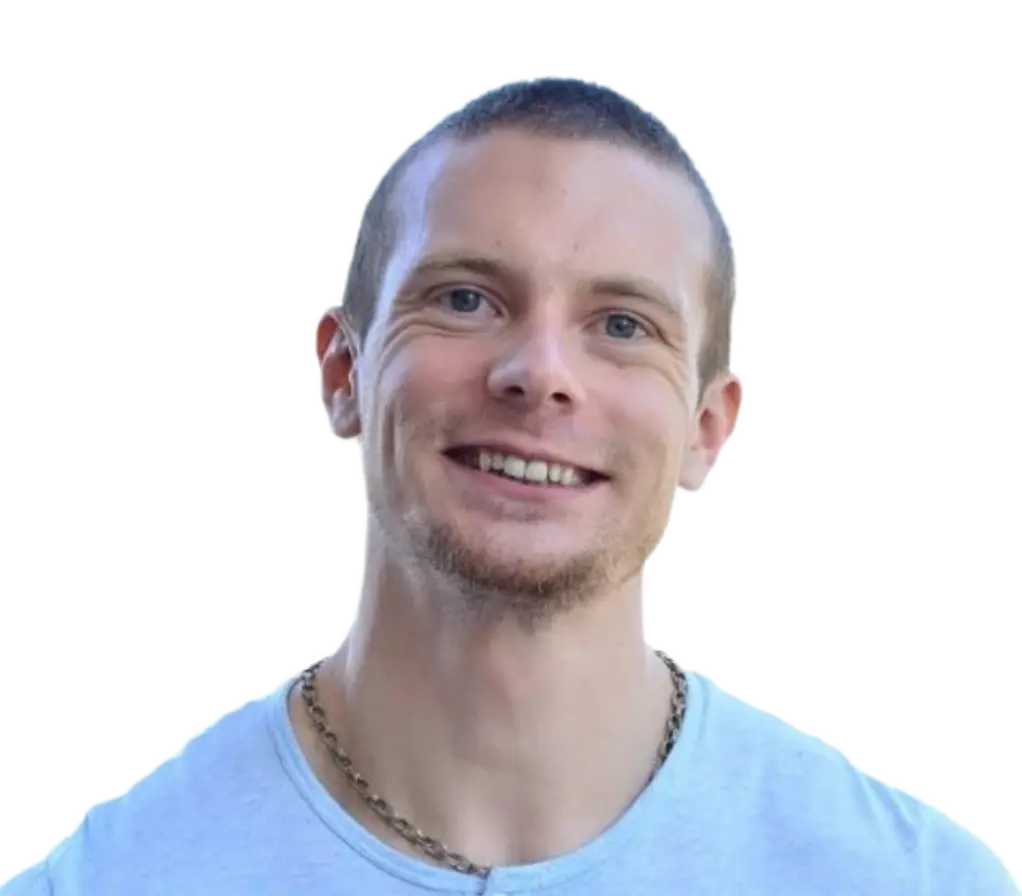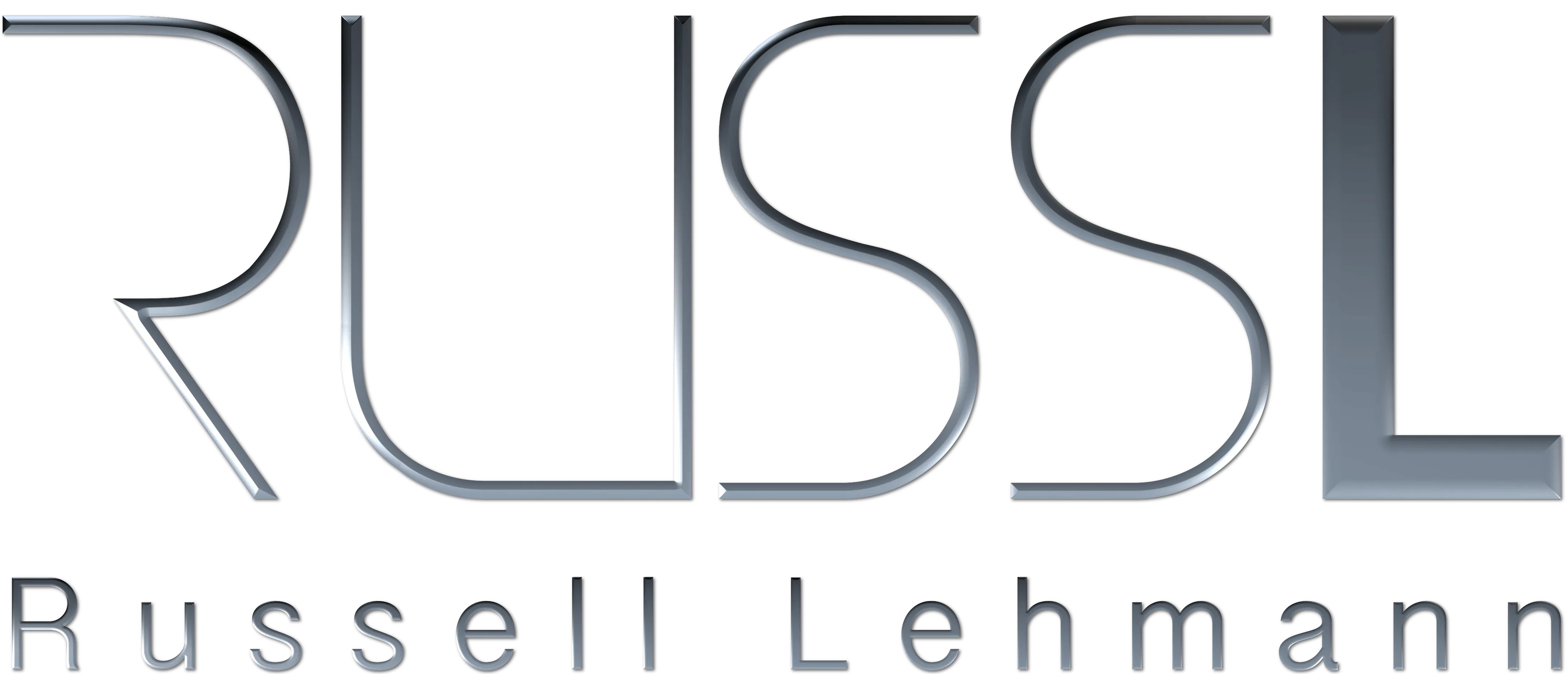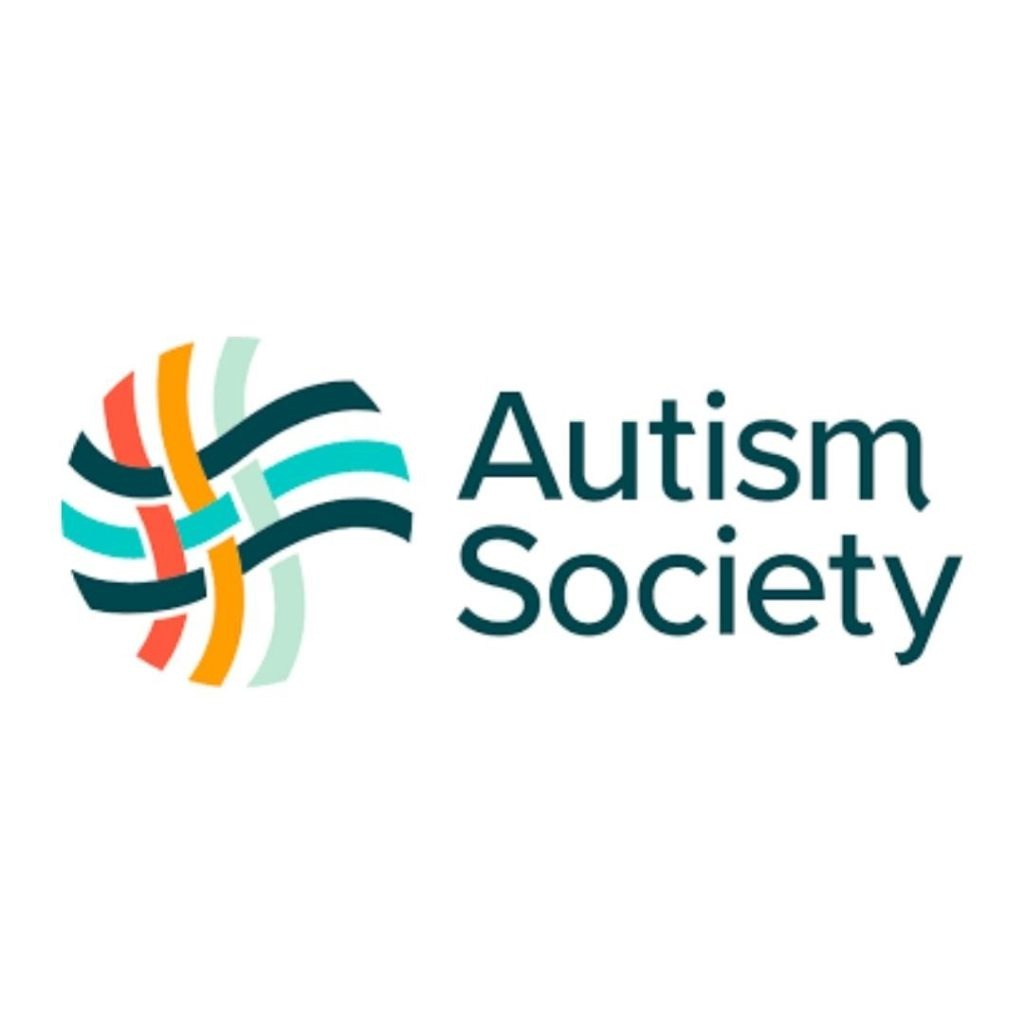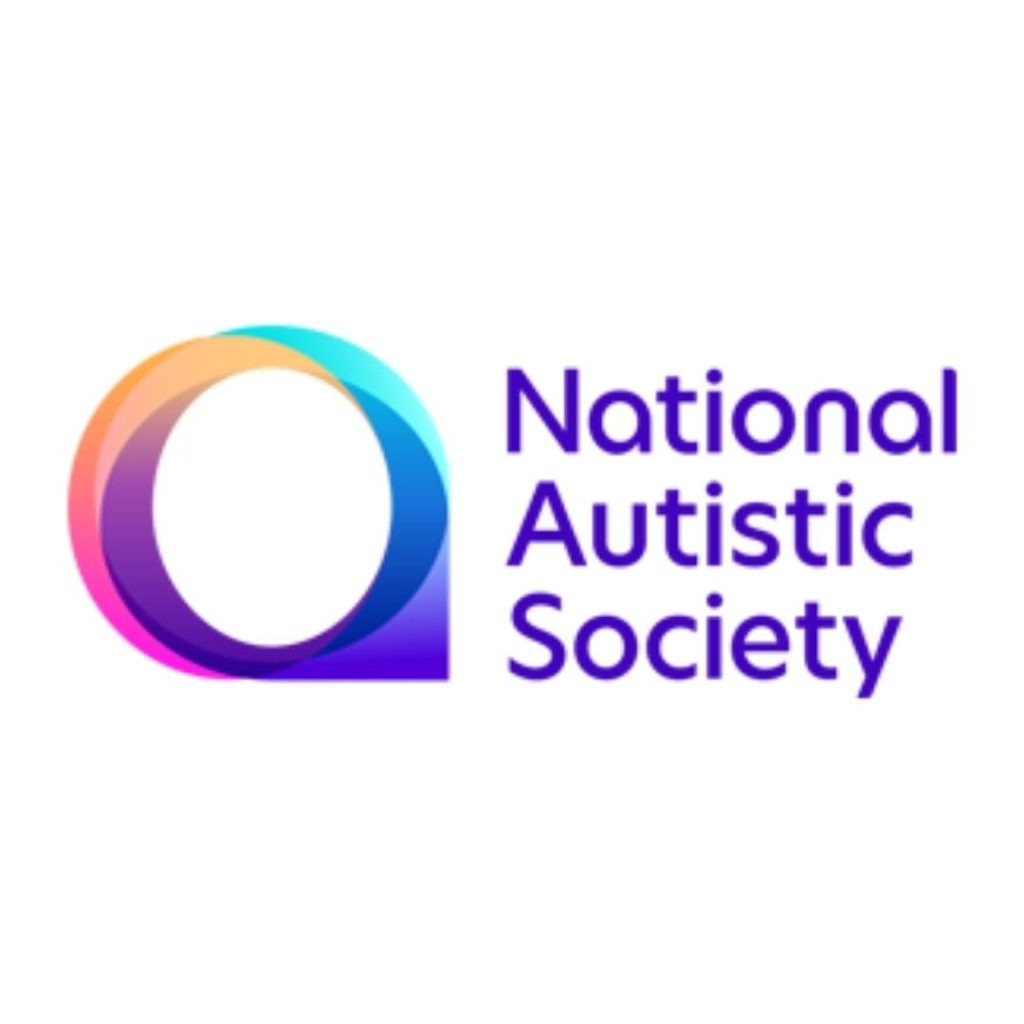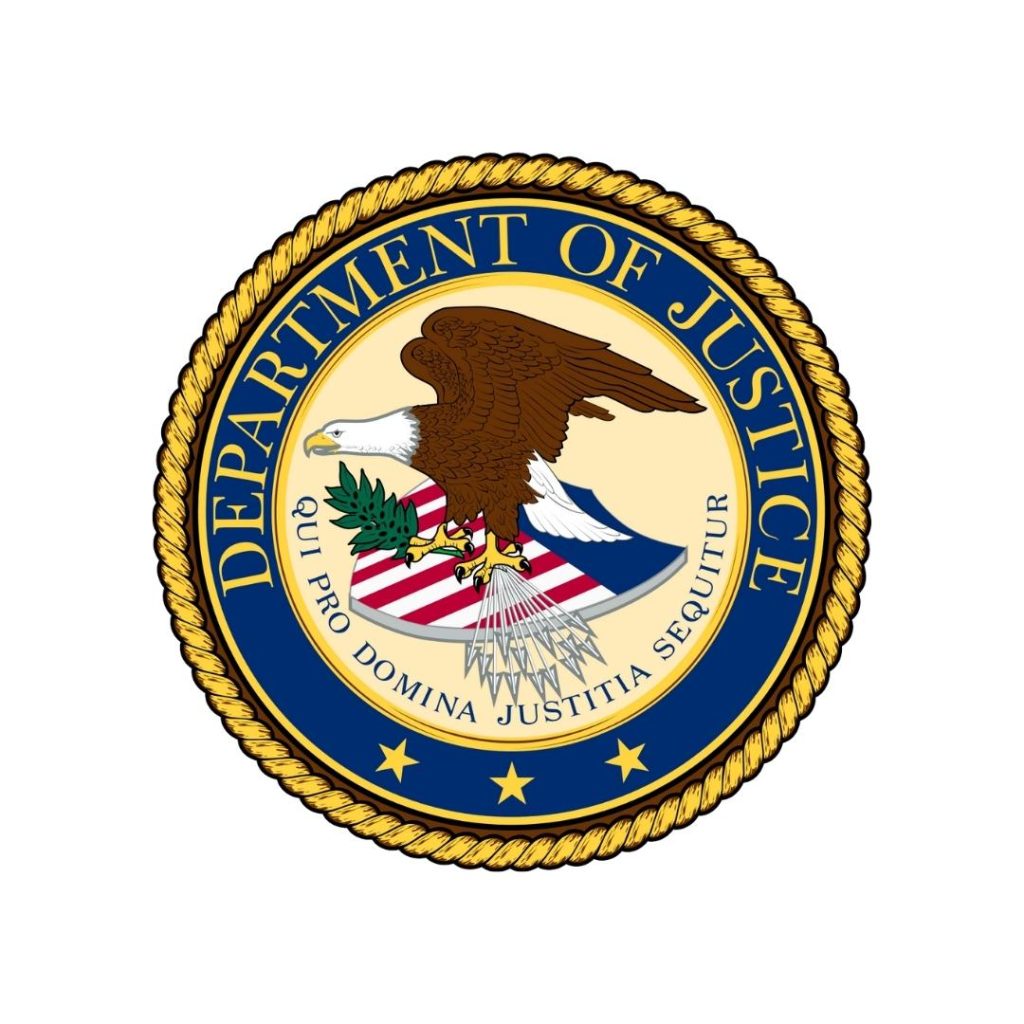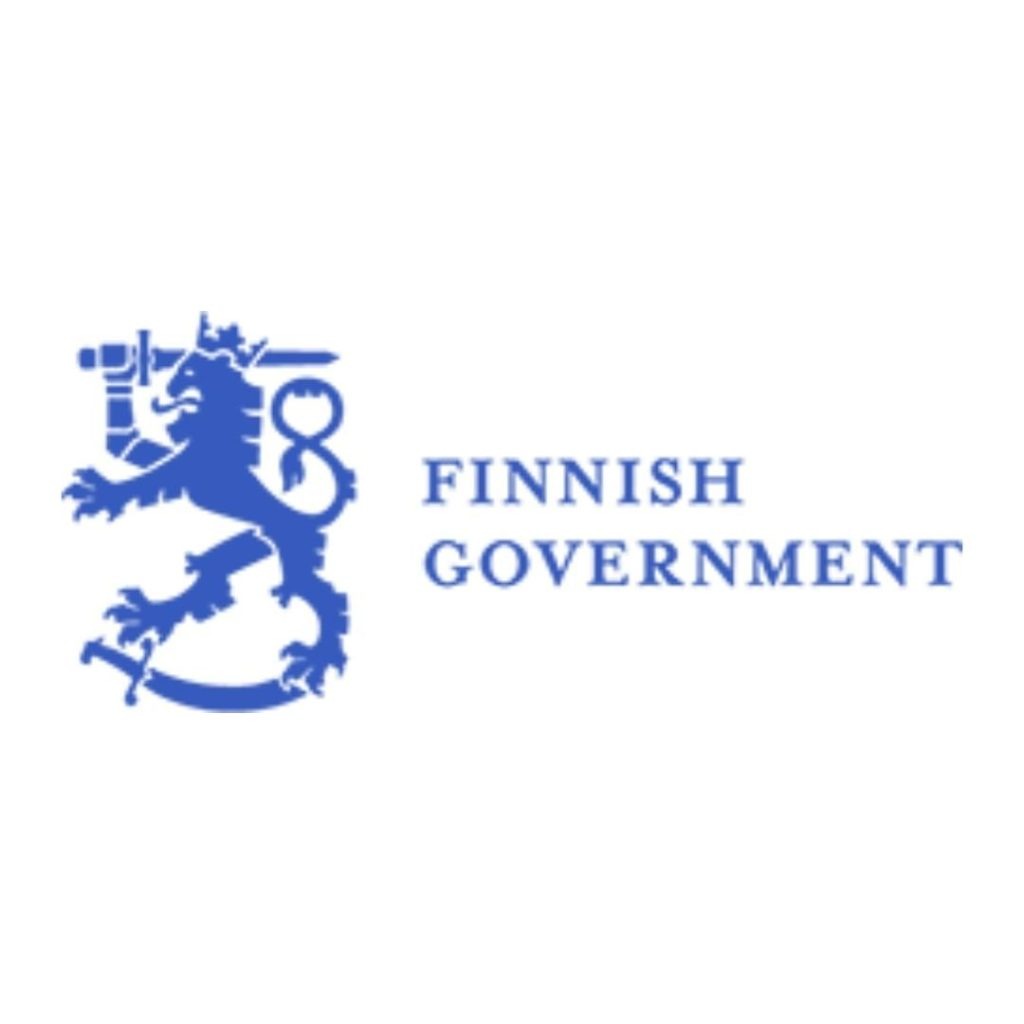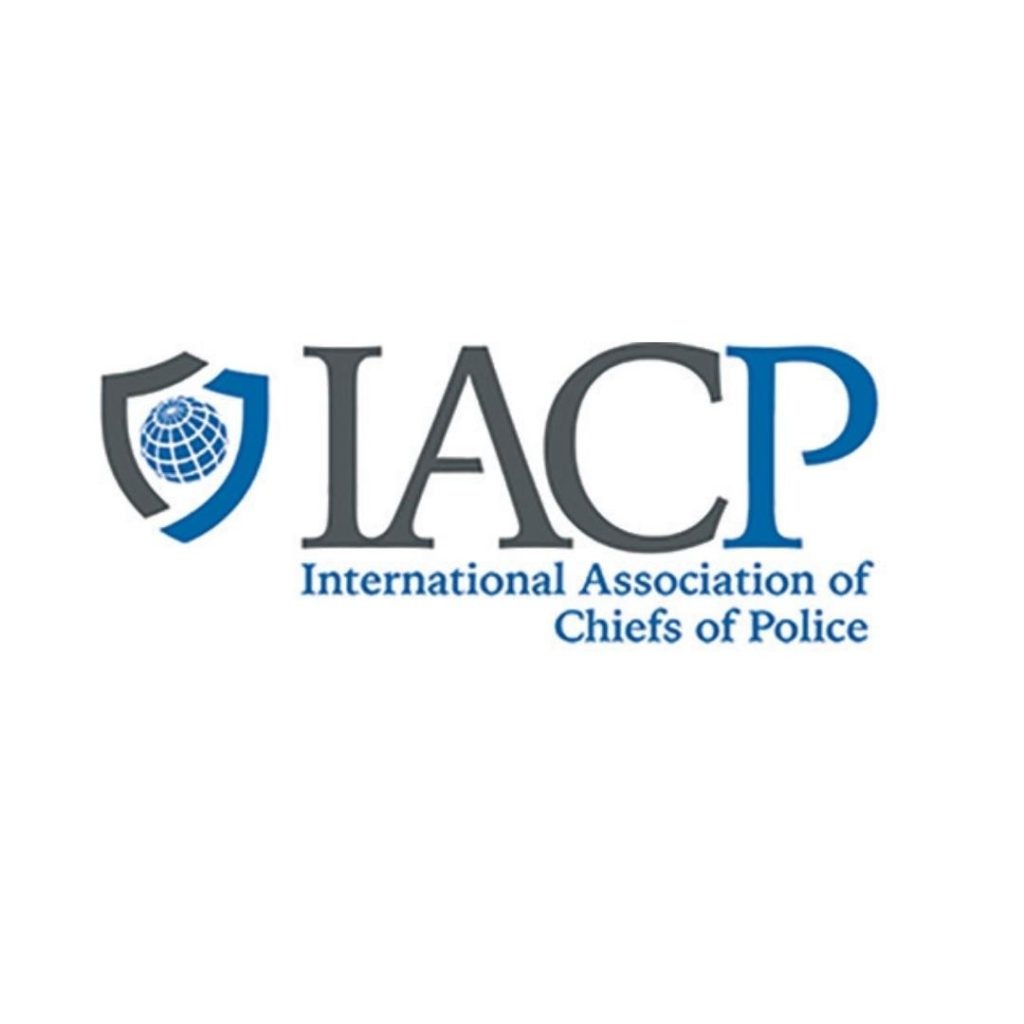I clearly remember telling a friend years ago, who was going through a psychology program at university, how lucky I was, as I had no mental health issues. I was confident I had masked my way through life and had everyone fooled—most importantly, myself.
When I was diagnosed with Autism Spectrum Disorder in my mid-30s (a little more than eight years ago), the one aspect that has stayed with me is also the most frustrating: the changes. Change is at times nearly debilitating for those with the disorder, and as it turns out, a late-in-life diagnosis of ASD becomes a massive change in itself.
What professionals don’t tell the late-diagnosed individual is they will shift their mindset drastically. Years of confusion, blank spaces, blame, shame and inadequacy are sometimes instantaneously explained. Memories are unlocked, experiences questioned, and situations replayed in the mind were common for me. For example, a diagnosis giving answers and providing change seems like such a beneficial trade-off to the years of criticism, judgment, automatic masking and the question of why life was difficult. The door of our own existence is now open, and as we walk through, a part of us wants to think it’s all going to be fixed on the other side. What I discovered was quite to the contrary.
Knowledge may be power, but ignorance is the fertile soil from which I believe all minds grow if they’re allowed to. A diagnosis was not the end of the story. Research, my faithful friend of many years, a companion that kept me safe from all things confusing, became my sole focus once I learned about autism. I couldn’t get enough information about it. Some of it encouraging, some disturbing.
I was, in effect, re-discovering myself. Again.
I have a saying I apply to things like mental-health diagnoses: “For every 10 questions answered, expect 100 more to pop up.” My mind still, to this day, is finding memories, emotions and situations, tucked neatly away. They were stacked in no particular order, mostly because they had no answers, or were too painful to address. The past has this nasty way of colliding with the present, since the door I walked through with my diagnosis shed light into shadowy corners of my brain I assumed were best left as they were. Like a storm, the swirling knowledge, torrents of internal cross-examination and a new handful of tools made me keenly aware of not only how unprepared I was, but how devastatingly lacking I was in ways to approach them. The future became a massive concern eight years ago, because immediately I wanted to change the one enemy that darkened my dreams and haunted my days.
One of the biggest problems I encountered on my then-new self-journey was wading through outdated, biased and generalized information about autism. It very quickly occurred to me that autism was a problem not for autistic people, but for all those who were not: allistics. There are good organizations related to autism as well as bad ones, but it concerned me that there were very few autistic people speaking on or about autism. Part of that is due to autism often being marginalized as a “childhood disorder.” I was an adult with autism, and I felt terribly confused and alone with my diagnosis.
This didn’t faze me.
My history has darker origins, from a physically and mentally abusive (as well as neglectful) upbringing, coming not only from a time where mental illness and disability was even more stigmatized and misunderstood than it is today. “Taboo” couldn’t even begin to describe growing up with the confusing aspect of undiagnosed autism mixed with yearning to be accepted and loved, while only finding pain. Simply being me, I was labeled rebellious, lazy, a “bad kid,” and clearly needing more discipline to correct what was seen as a character flaw. Changes in routine, painful sounds, headache-inducing smells, artificial lighting, all of it affected me. I was told to “deal with it.” What it really was, at its core, I was a kid who wanted desperately to thrive, who desired to succeed. In essence, I wanted to be “normal.” I wanted what I saw other kids had, the same kids who weren’t allowed to be around me for the same reasons I was shunned by nearly every adult I encountered. I was the problem. That’s when the need for masking began, as well as long road sacrificing myself for the approval and comfort of others.
I was alone. Not symbolically, not figuratively, but literally left to fend for myself in nearly every aspect one could think of. It got so severe, my parents’ drug and alcohol addictions (as well as their inability to conduct themselves within their own family dynamics) caused me to be homeless as a teenager.
Decades later, these diagnoses weren’t freeing at first, and part of that is my own internalized shame of what society sees as broken and disposable: mental health. I couldn’t go forward easily, going back was overwhelming, and an emptiness stirred exactly where I stood from moment to moment, instance to instance: a constant that became “the new normal.” Guidance is fleeting, as therapists and professionals are limited by their own levels of information, cost-prohibitive therapy, and even general access.
Ignorance would have been bliss, I thought many times, if I had just stayed the way I was—unaware, quirky, and nothing wrong besides character flaws, laziness and a pressing desire to be accepted and fit in. I could manage the way things were. I had no idea how I was going to manage the way they should be…or could be.
At this point, I think it’s safe to say the small but solid triumphs I enjoy today are paved with nothing more than stubbornness and familiar circumstance. “I have no idea what the fuck I’m doing.” I say that with joy now, where once it was through tears. I was forced into similar predicaments at a young age, and it’s all I’ve known. I’ve managed to take doubts and nay-saying, scoffing and apathy and turn them into a life of discovery. There’s a benefit to being left to one’s own devices, there are no rules except those I choose to make for myself. I crave structure, and now building it is up to me. Even if I have a meltdown in my car because I have to go to the sensory hell that is a grocery store.
Currently, my goal is not only awareness and acceptance, but example. I never want another person to have to go through what I have. I have gone face-first into every pitfall my life could have provided me, and managed to climb out. I don’t know why. I’m not special, unique or talented. I’m not particularly intelligent or lucky.
What I am is tenacious. I am rebellious. I have a massive heart and unshakable kindness despite what has been thrown my direction. I am observant, and I never lost my drive to learn. The benefit to this is discovering recently I am not alone at all: I have in the past few years developed close friendships with people like me. People with autism, people with invisible disabilities, people with mental health challenges. People who need to see they’re not alone, whether it be with themselves or a world ableist and difficult to navigate
My goal has never been to be remarkable. If I have a purpose in this life it is to share what I have seen, what I have learned. I cannot change the world, but I can stand in defiance of suffering, bolster love and understanding, and perhaps salvage each day, better than the last. If I can do that with others, I’ve lived a life of purpose rather than one of despair.
In the end, I want to be, and say, all the things not available to me when I needed it most.
Kyle Weiss
